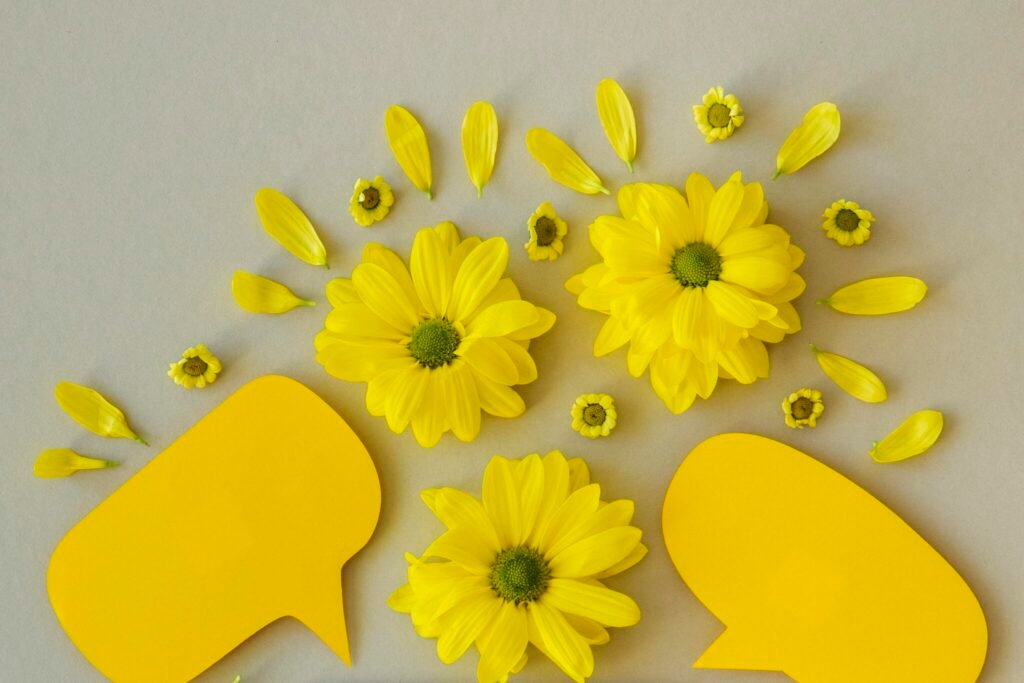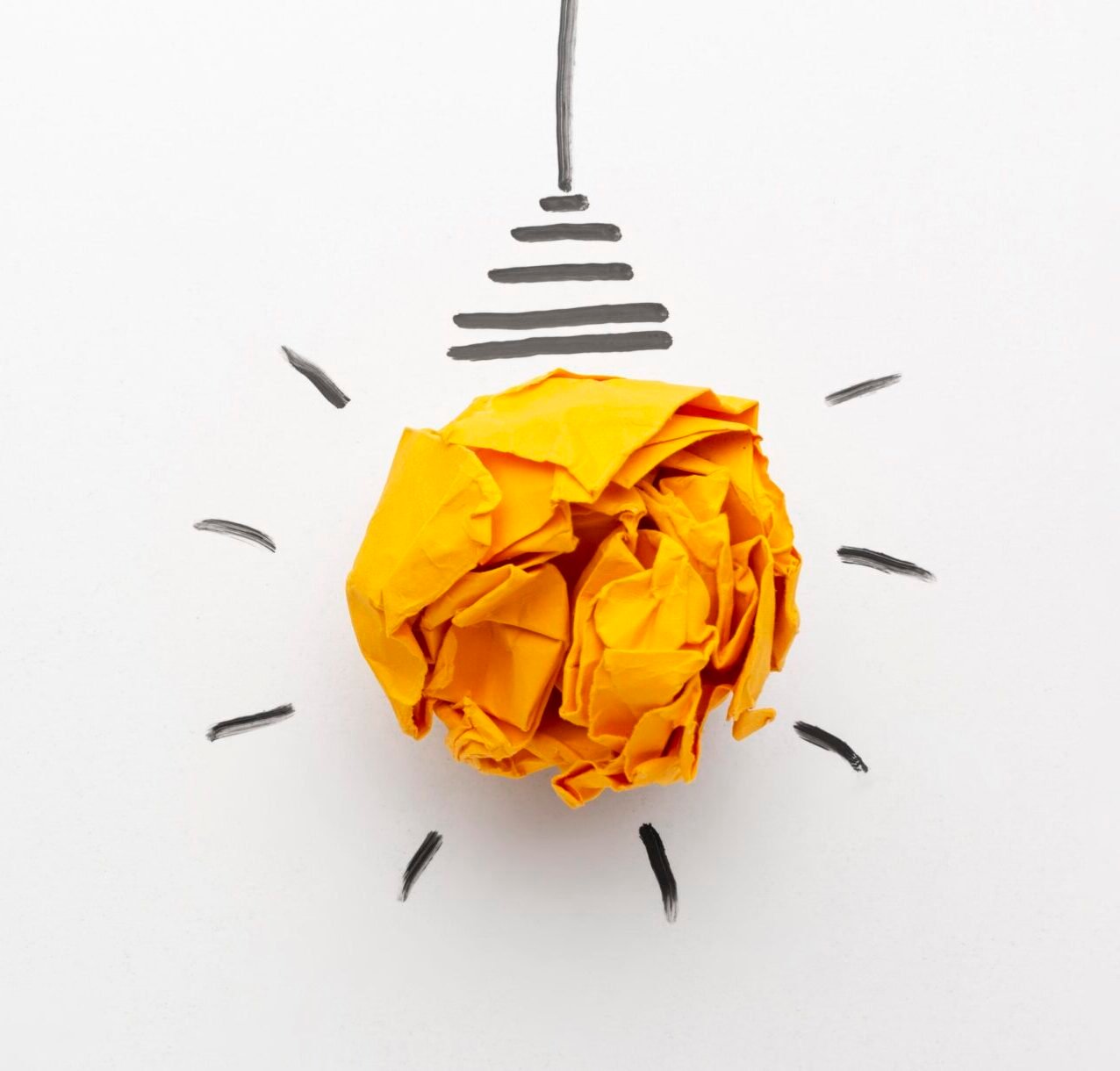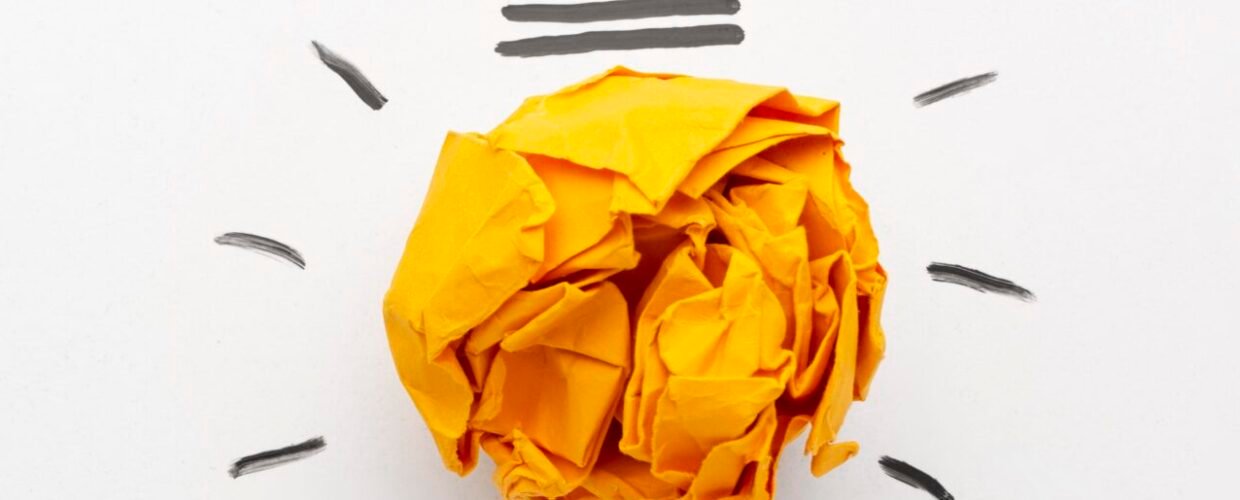In a world that’s constantly evolving and filled with challenges, creativity has become more than just a buzzword. It’s a powerful skill that influences every aspect of our lives, from personal development to professional success. Whether you’re an artist, a business owner, a student, or simply someone navigating daily life, creativity is essential to problem-solving, growth, and innovation. But why does creativity matter, and how can we tap into its potential?
1. Problem-Solving and Innovation
Creativity is at the heart of innovation. It enables individuals and businesses to find unique solutions to problems, adapt to changes, and stay ahead of the curve. Whether it’s designing a new product, developing a marketing strategy, or finding ways to improve processes, creative thinking leads to better outcomes. It’s the ability to look at a challenge from different angles and discover opportunities where others may only see obstacles.
Take, for example, how companies like Apple and Tesla have revolutionized technology by approaching problems with fresh, innovative ideas. Creativity allows them to think outside the box, pushing boundaries in ways that traditional solutions can’t.
2. Boosts Personal Growth and Confidence
Being creative isn’t just about coming up with groundbreaking inventions—it’s also about self-expression and personal development. Engaging in creative activities, whether through writing, drawing, music, or even cooking, provides an outlet for your thoughts, emotions, and ideas. This fosters self-awareness and a deeper understanding of your inner world.
Moreover, creativity builds confidence. When you create something from scratch, whether it’s a piece of art or a new business idea, it reinforces your sense of accomplishment. The more you engage in creative activities, the more you’ll learn to trust your instincts and build the courage to take risks, which can translate into greater confidence in other areas of your life.
3. Encourages Adaptability and Flexibility
In today’s fast-paced world, adaptability is key. Creative thinking fosters flexibility—whether you’re adjusting to new work environments, managing unexpected changes, or exploring new career paths. The more creatively you approach challenges, the more easily you can pivot and adapt to shifting circumstances.
Creativity teaches us that there are no set rules, and sometimes, the best solutions come from unexpected places. This mindset encourages a more open and fluid approach to life, helping us manage uncertainty with ease.
4. Enhances Collaboration and Connection
In both personal and professional settings, creativity fosters collaboration. When people come together to brainstorm, share ideas, and think creatively, they can often find better solutions as a team. A collaborative approach to problem-solving invites diverse perspectives, leading to innovative results.
Creative environments, whether in offices, classrooms, or social settings, encourage communication, teamwork, and mutual respect. By sharing ideas and embracing each other’s creativity, we open ourselves up to new ways of thinking and create stronger connections with those around us.



5. Mental Well-being and Stress Relief
Creativity isn’t just beneficial for your career or problem-solving abilities; it’s also good for your mind. Engaging in creative activities can be a therapeutic way to unwind and relieve stress. Whether it’s painting, writing, or even gardening, creative outlets allow us to focus on something that brings joy and relaxation, promoting overall mental well-being.
In fact, research shows that engaging in creative hobbies can lower stress levels, reduce anxiety, and help manage depression. It provides an escape, a chance to enter a flow state where time and worries seem to disappear. This makes creativity a great tool for self-care and maintaining balance in an often overwhelming world.
6. Unlocking New Opportunities
Creativity also opens doors to new opportunities. As industries continue to evolve and the job market becomes increasingly competitive, creative individuals are highly valued for their ability to think critically, challenge norms, and bring fresh perspectives. This makes creativity an essential skill, no matter your field or expertise.
In today’s gig economy and digital world, creativity isn’t limited to traditionally “creative” industries like design or the arts. Entrepreneurs, marketers, engineers, and healthcare professionals all benefit from creative thinking. The ability to innovate and approach tasks creatively gives individuals an edge in a competitive market.
7. A Way of Life
At its core, creativity is more than just a skill—it’s a way of life. It’s about seeing the world through a lens of possibility, always seeking new ways to improve, adapt, and express yourself. Creativity encourages curiosity, exploration, and discovery, making life a more engaging and meaningful experience.
When we approach life creatively, we unlock a deeper connection with the world around us, enriching both our personal experiences and our contributions to society.
Final Thoughts
Creativity isn’t just a trait reserved for artists or innovators; it’s something that everyone can develop and use to their advantage. Whether it’s solving problems, improving mental health, or fostering collaboration, creativity is a valuable asset in all areas of life. So, embrace your creative side—try new things, take risks, and allow your imagination to flourish. Because, at the end of the day, creativity matters more than ever in shaping the world we live in.

